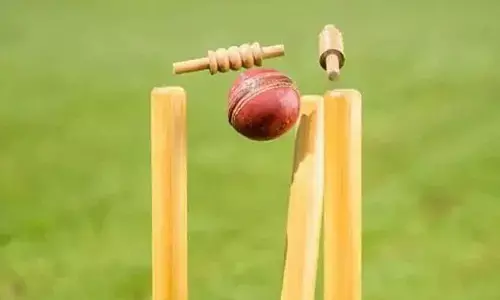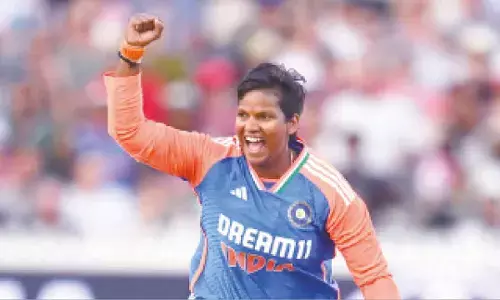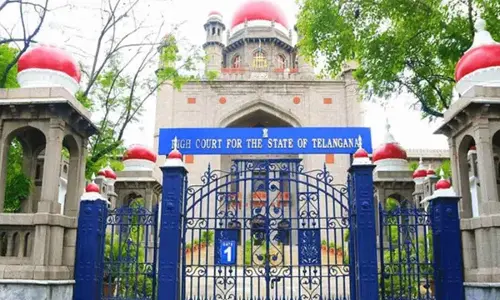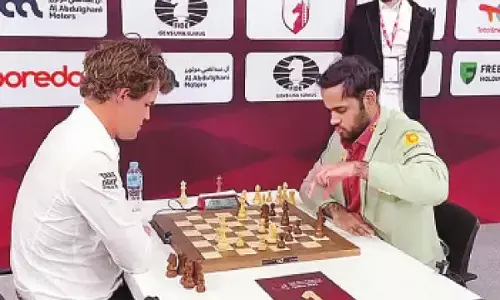Conjunction, Conjecture, Conjuncture
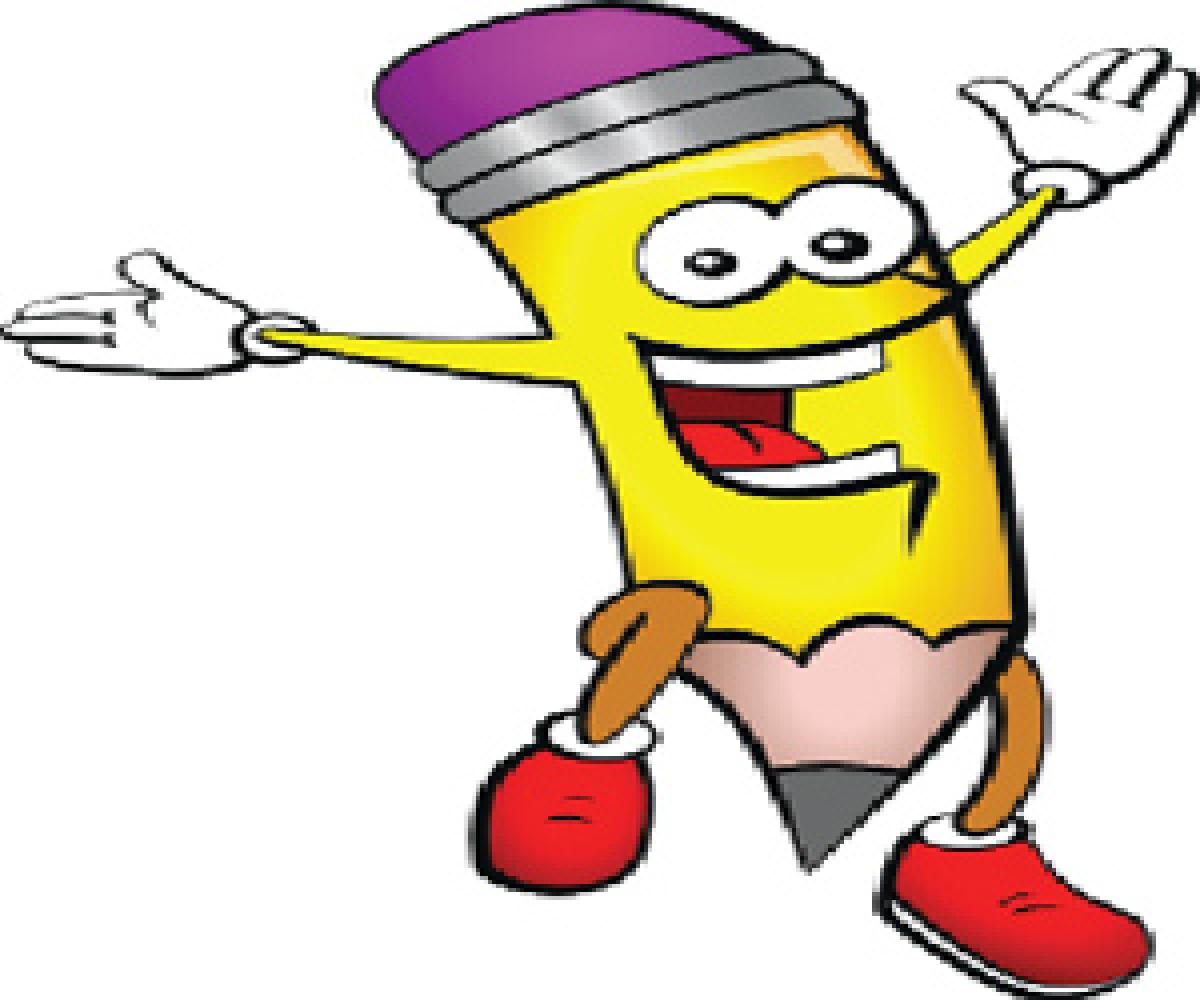
All the words in English language are grouped under a word class or parts of speech which have rules as how to use them in usage, and conjunction is one of them.
All the words in English language are grouped under a word class or parts of speech which have rules as how to use them in usage, and conjunction is one of them.
Conjunction is a parts of speech: a small class of words but essential or key words because they are the linking words in writing, conversing and constructing complex sentences.
Conjunctions join words, phrases, clauses. They are further classified as coordinating, subordinating and correlative conjunctions.
The coordinating conjunctions are for, and, nor, but, or, yet, so; and they are used to join words, phrases and independent clauses.
Subordinating conjunctions are after, although, as, as if, as long as, as much as, as soon as, as though, because, before, even, even if, even though, if, if only, if when, if then, inasmuch, in order that, just as, lest, now, now since, now that,
now when, once, provided that, rather than, since, so that, supposing, than, that, rather than, since, so that, supposing, than, that, though, til (non-standard form of till, until), unless, when, whenever, where, whereas, where if, wherever, whether, which, while, who, whoever, why.
Correlative conjunctions (or two-part conjunctions) are a pair of words that must be used together in a sentence because the two parts of the sentence carry equal weight or of equal value. These conjunctions are either/or, neither/nor, both/and, not only/but also, as/as, such/that, scarcely/when, as many/as, no sooner/than, rather/than.
Reading is as fun as thinking?
Note that some words function as conjunctions and prepositions: until, till, to, as far as.
Conjunction also means coincidence, state of being joined; an uninflected function word that joins or conjoins words, phrases, clauses or sentences.
Conjecture is the enemy of journalistic writing because conjecture is an opinion, a piece of information, a conclusion formed out of something that is incomplete, not completely factual, guess, speculation, presumption, hypothetical (not factual).
Conjecture is a hypothesis formed out of speculation, something deduced with little evidence, reasoning without complete evidence or information.
Conjecture functions as a noun and verb; and its derivatives are conjectures, conjectured, conjecturing.
When you conjecture it means you have drawn a conclusion based on tentative grounds, incomplete evidence, non-factual inference.
Conjecturer is the person who conjectures like many politicians conjecture.
Conjunct functions as a noun and adjective meaning something bound in close associations like conjunct cultures, conjunct influences, conjunct ideas; a variant of conjunction
Conjuncture means conjunction, union; and also means a critical combination of events, state of affairs, circumstancesusually producing a crisis. Conjuncture is a boiling point, breaking point, crossroads, crunch time.








